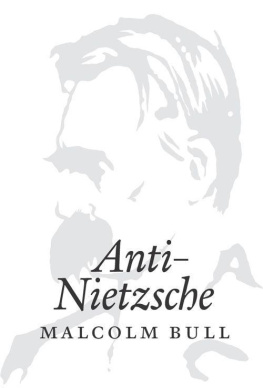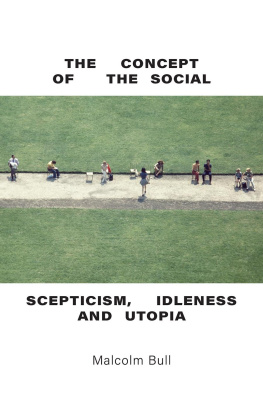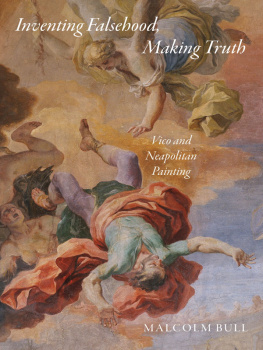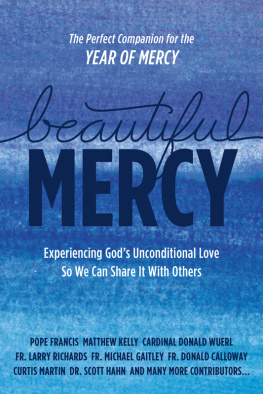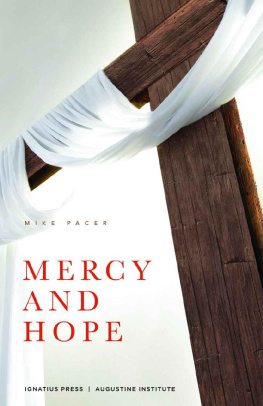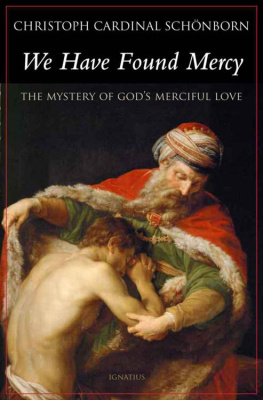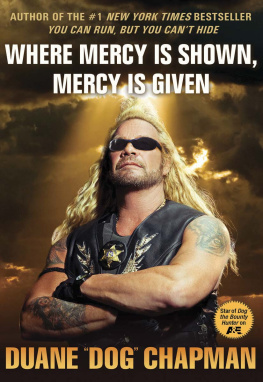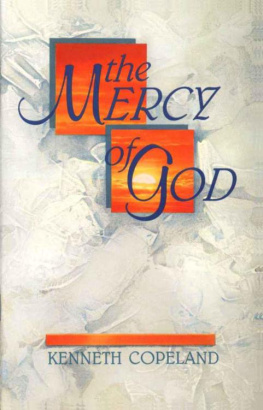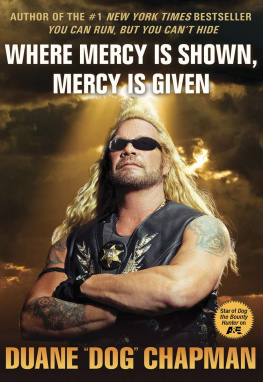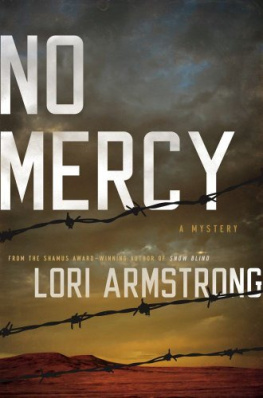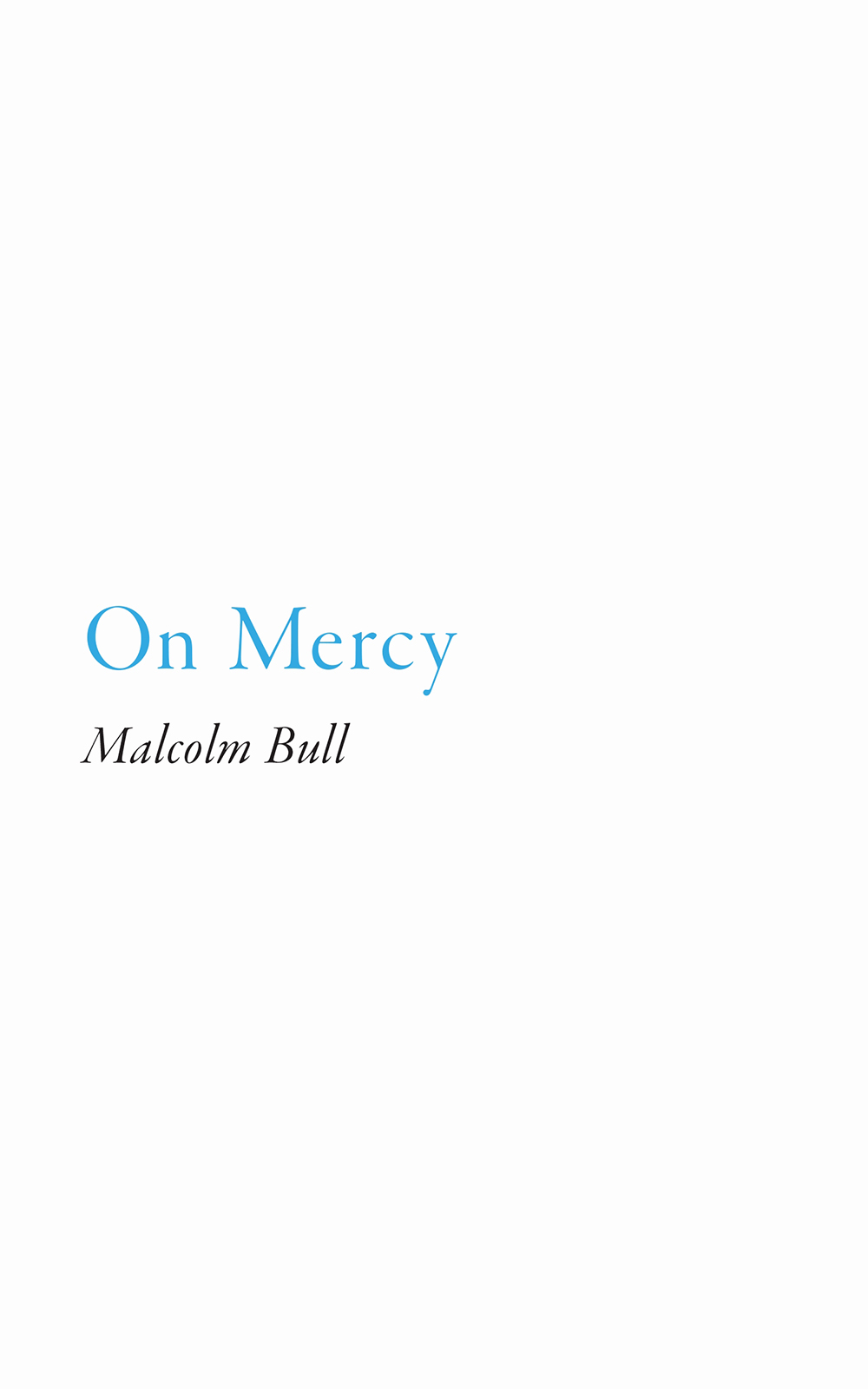On Mercy
Malcolm Bull
PRINCETON UNIVERSITY PRESS
PRINCETON AND OXFORD
Copyright 2019 by Malcolm Bull
Requests for permission to reproduce material from this work
should be sent to
Published by Princeton University Press
41 William Street, Princeton, New Jersey 08540
6 Oxford Street, Woodstock, Oxfordshire OX20 1TR
press.princeton.edu
All Rights Reserved
Library of Congress Control Number: 2018965751
ISBN: 9780691165332
eISBN 9780691185736 (ebook)
Version 1.0
British Library Cataloging-in-Publication Data is available
Editorial: Ben Tate and Charlie Allen
Production Editorial: Leslie Grundfest
Text Design: Pamela Schnitter
Production: Erin Suydam
Publicity: Jodi Price
F or P erry
Contents
ix
Acknowledgements
I am indebted to the late Istvan Hont, who first drew me into the orbit of intellectual history and political theory at Cambridge. I began to think about similar issues and this is the result. The book was started at the Institute for Advanced Study at Princeton, where I benefited from conversations with Bernard Harcourt and others, and finished back at Oxford, where Christ Church provided welcome hospitality. Ben Tate has been an exemplary editor, and I am also grateful to the two anonymous readers for Princeton University Press for their perceptive comments. My greatest debt, as always, is to Jill Foulston.
The book is dedicated to Perry Anderson, who had no hand in its making, but has long been an inspiration.
On Mercy
Introduction
Mercy is a function of the brute facts, though it is the opposite of brutal. Here is one possible example. In Soldiers of Salamis, Javier Cercass novel of the Spanish Civil War, the fascist writer Rafael Snchez Mazas has escaped from a mass execution and is hiding in a ditch. The Republican soldiers are searching for him, and one of them is standing on the edge of the ditch with his rifle. Someone shouts:
Is anyone there?
The soldier is looking at him; Snchez Mazas is looking at the soldier, but his weak eyes dont understand what they see the soldiers look doesnt express compassion or hatred, but a kind of secret or unfathomable joy, something verging on cruelty [he] calls out loudly without taking his eyes off him:
Theres nobody over here!
Then he turns and walks away.
In that moment, the soldier has the absolute power of life and death over Snchez Mazas. But he does not shoot him on the spot or call over his comrades to recapture him. He just walks away. His reasons are inscrutable.
Is this an act of mercy? If Snchez Mazas had whispered Have mercy on me, my friend, this would have been the response he was looking for. And if the soldier had heard, his actions would have been enough to indicate that he had understood and heeded the request. Given that this was a military operation, we can be confident that the soldier was disregarding orders by acting as he did. But it would surely have been no less merciful if the soldier had been operating outside any normative frameworkif he had been a bandit, or a deserter roaming the countryside with a gun.
In fact, the soldiers action would seem to count as an act of mercy irrespective of his motivation for doing what he did. Even if he lied because he disliked the person asking Is anyone there? or because he was secretly a fascist sympathiser, it would not make any difference. It would be appropriate to say: he acted mercifully because he was a fascist sympathiser, or he acted mercifully because he wanted to mislead his superiors. Just as, had the outcome been different, it would be appropriate to say: he showed no mercy because he was an anarchist sympathiser, or he showed no mercy because he wanted to please his superiors.
What about the soldiers intentions? If he had fired and missed, that would not count (unless he did so deliberately), and if he returned to base and just forgot to report seeing Snchez Mazas, that would hardly qualify as an act of mercy either. The intention to do less harm must be present, even if its motive is irrelevant. So, if the soldier were thinking, I wont shoot him now, because I would rather he die more painfully of cold and starvation, that would count against the idea that this was an act of mercy because the intention is to do more harm. But it would make no difference if the soldier thought, I wont shoot because I dont care what happens to him either way, rather than I wont shoot because he too is a human being and I pity him, because the act itself involves less harm, and indifference to the long-term outcome is not at odds with that.
Yet having acted with merciful intent does not necessarily mean that an act will be merciful. An act of mercy is an action that is both intended to be and turns out to be less harmful than it might have been. So there is no way of knowing whether an act is merciful except by its consequences, which are measured by the harm to individuals. If the soldier had tried to miss but ended up fatally shooting Snchez Mazas anyway, that would not be an act of mercy. The most that could be said is that the soldier had intended to act mercifully but had not done so. Mercy is defined not by its intended effects but the actual ones.
Three things seem to be involved when we are talking about mercy: the context, which determines the range of possible actions; the intention of the action; and its outcome. This suggests a definition broad enough to encompass a range of culturally and historically specific examples. You act mercifully towards someone if you intentionally and successfully do them less harm than you might, in the sense that doing something else, which you might equally well have done in that situation, would have done greater harm. It is difficult to see how an action that did not fulfil these basic criteria would count as an act of mercy. However, there are many circumstances in which this definition appears too inclusive, given that it is possible to do very great harm that is less than the maximum physically possible.
Some more restrictive definition of might equally well have done is required, but it is important to consider carefully why that is. After all, what, if anything, is the matter with a torturer who says, I was merciful, I tortured him a bit less severely than I might have done? One response might be to claim that an action that is in itself wrong cannot be an act of mercy. However, this does not seem to capture what is at issue here. If there are less harmful alternatives, torturing a bit less severely does not seem to count as merciful at all. But with less harmful alternatives excluded, the torturers unpalatable claim becomes more plausible, even though what he is doing may still be wrong in some absolute sense. To transform mercy into a subset of the set of morally permissible actions is to mistake its frame of reference. A merciful action is one that is less harmful than its alternatives where these alternatives are defined not by their rightness but by their harmfulness, and harm is often wrong.
What makes other courses of action into relevant alternatives, other than their physical possibility? In social contexts, our actions are rarely constrained only by physical limits on our power; they are governed by norms, shared habits, and expectations that, even if not enforced by third parties, guide our mutual interaction. In our thinking, these norms usually take precedence over alternatives that are merely hypothetical. It does not make any difference what the normative framework is; if you do someone more harm than you would normally do in the circumstances, then it is difficult to claim that you have acted mercifully, even if the harm done is far less than it would have been possible for you to have done. So, if the norm is below the maximum level of harm (as is almost always the case), then an act that inflicts harm between the maximum and normal levels cannot be considered merciful, notwithstanding the proximity to the norm and the great distance from the maximum. For example, a judicial sentence that is below the maximum for the offence but above that normally imposed cannot count as merciful, even if it is not in itself all that harsh.


